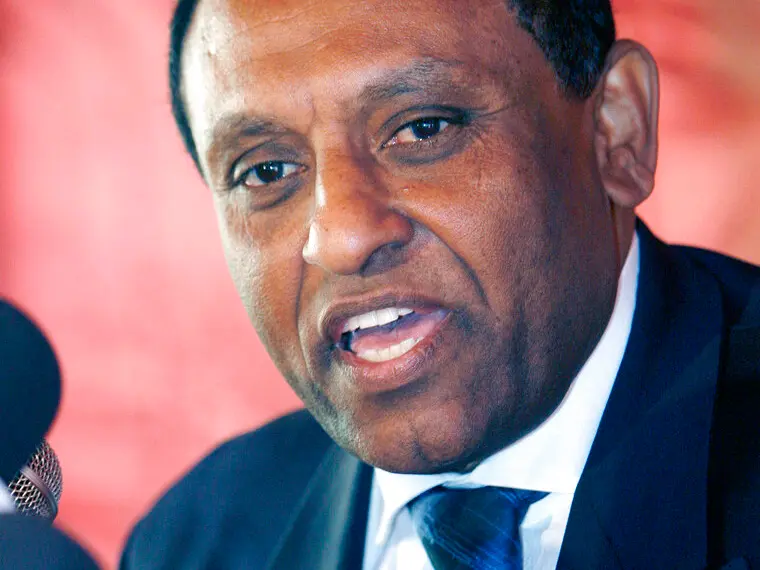Sudan’s army chief and de facto leader, Gen. Abdel Fattah al-Burhan, appointed former U.N. official Kamil Idris as the country’s new prime minister on Monday, more than two years into a brutal war with rival paramilitary forces.
The move comes as Sudan remains divided between the military and the paramilitary Rapid Support Forces (RSF), with no clear path to peace. It is unclear how much power Idris would have in a government dominated by the military.
Idris, a career diplomat and former presidential candidate, previously served as director general of the United Nations’ World Intellectual Property Organization and worked in Sudan’s permanent mission to the U.N.
Idris ran unsuccessfully for president in 2010 against longtime autocrat Omar al-Bashir, who was ousted in a 2019 popular uprising.
Sudan’s ruling Transitional Sovereignty Council said in a statement that al-Burhan, as its chairman, issued a constitutional decree appointing Idris as prime minister.
Idris replaces acting Prime Minister Dafallah al-Hajj Ali, who served less than three weeks after being appointed in late April.
The war in Sudan erupted in April 2023 between al-Burhan’s military and the RSF, led by his former deputy, Gen. Mohamed Hamdan Dagalo. The conflict has killed tens of thousands, displaced more than 13 million people and triggered what the U.N. calls the world’s worst humanitarian crisis.
Al-Burhan has said he intends to form a technocratic wartime government to help achieve military objectives, including “liberating Sudan from these rebels.”
In April, the RSF announced that it would form a rival government after signing a charter in Kenya with allied political and military factions. The move has raised fears of a permanent partition of Sudan, with both sides accused of war crimes.
The conflict has effectively split the country, with the military controlling the north, east and center, while the RSF holds nearly all of Darfur and, alongside allies, parts of the south.




